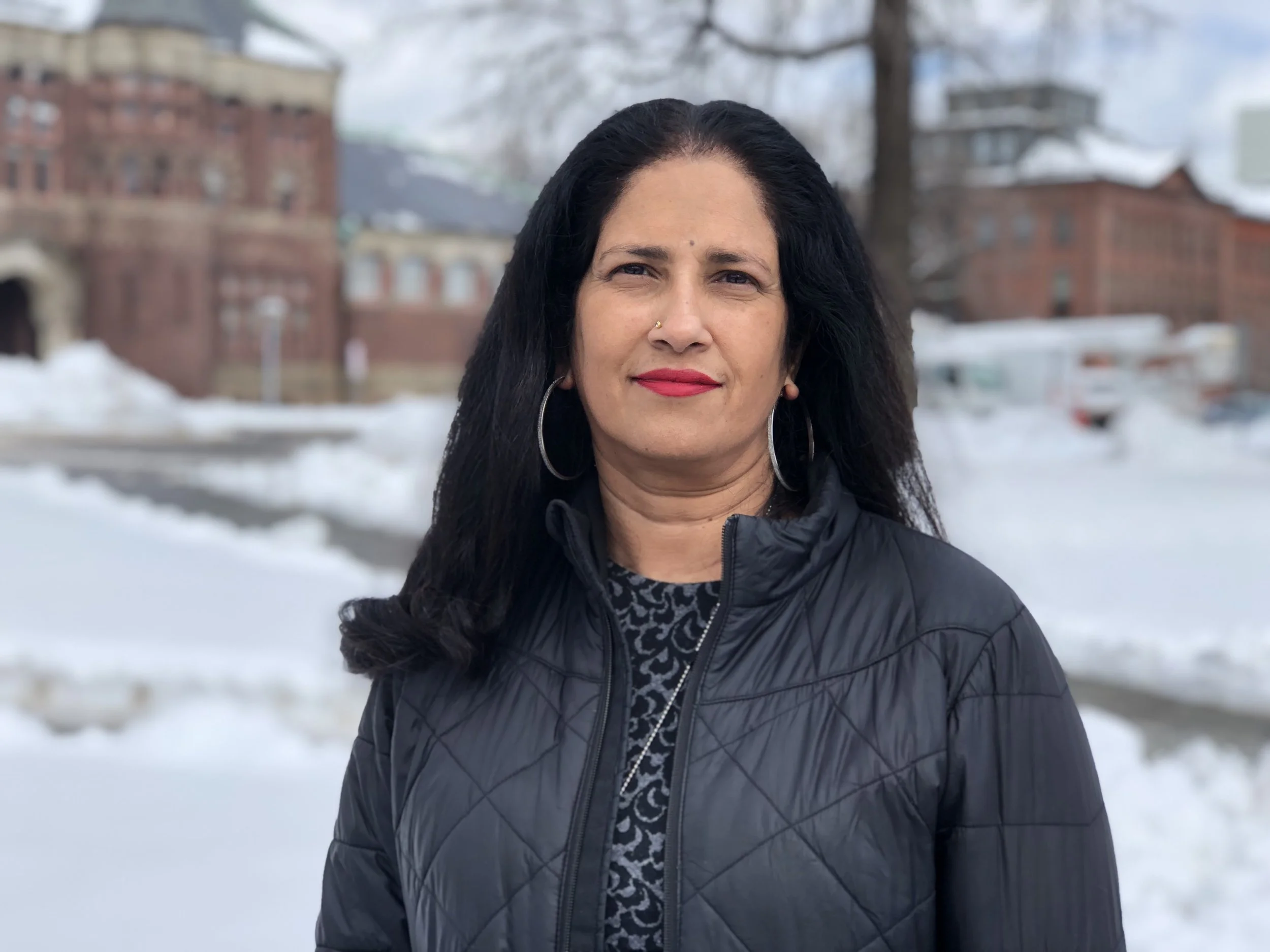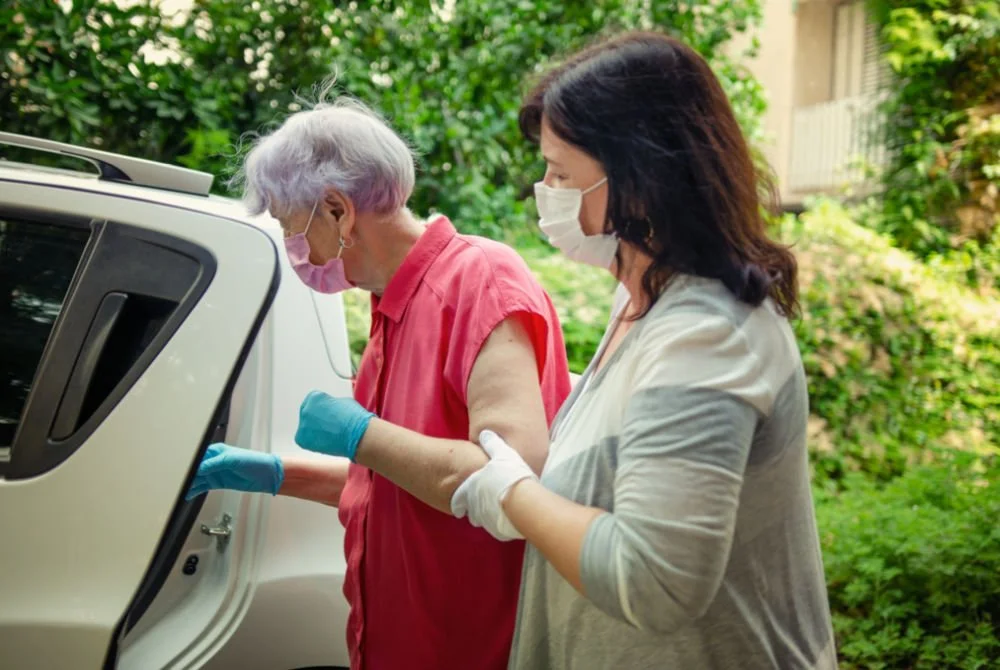Among Regional Foundations, Early Childhood Commands Growing Attention
/A growing number of foundations and major donors have been giving attention in recent years to the very youngest children. This trend is driven by several factors, including new research on brain development and the importance of early learning; a sense that there are more opportunities to have impact in this area compared to K-12 or higher ed; and the emergence of new funders committed to an equity agenda.
While we often cover top national players in this space—like the Bezos Family Foundation, the Kellogg Foundation and the Pritzker Children's Initiative—a lot of the new action is happening locally, as regional foundations put more money into programs that help parents and caregivers support child development and learning.
Starting Early in Texas
For example, the Episcopal Health Foundation (EHF) in Texas recently committed $3.4 million to give the state’s youngest residents the best chance for healthy futures. The prominent health-focused funder has already made 12 grant commitments to organizations across the state to impact the lives of local children from pregnancy through age three. But unlike many early childhood grants that focus on the educational capacity of babies and toddlers, this effort is largely about promoting physical and mental health.
EHF program officer Katy Butterwick said: “A baby or toddler in a strong relationship with at least one caring adult will develop language, cognitive skills and the resilience that allows him/her to face and overcome adversity. That includes a decreasing chance of developing serious illnesses such as cardiovascular disease, diabetes and depression later in life.”
EHF is looking at this new investment as an upstream effort, a preventative strategy, and a once-in-a-lifetime chance to build healthy and positive lives from the very beginning. Clinic-based models, community groups, parent education, and home-visiting programs are all part of this investment strategy, with new grantees in places like Houston, Austin, Palacios and Lufkin.
For example, EHF awarded a $513,730 grant to the Children’s Museum of Houston to develop its Welcome Baby kits and Houston Basics Workshops for parent education about babies’ brain health. It also awarded $626,466 to the People’s Community Clinic in Austin to refocus its approach to caring for infants and further support family efforts that aid brain development. Other Texas grantees working to advance infant brain health include Family Connects at United Way for Greater Austin, Angelina Counties & Cities Health District, and Palacios Community Hub. Multiple grants were awarded in both the Houston and Austin metro areas.
A big emphasis in EHF’s grantmaking here is the need for strong attachment between babies and caregivers to promote early brain development. One of EHF’s strategies in this regard is supporting healthcare providers, including all levels of clinicians and staff that work with pregnant mothers and infants. The other strategy is supporting community-based organizations that can train families on supporting brain development of their own babies before and after birth.
For 2019, EHF will be accepting letters of inquiry related to early brain development by July 10. Full applications for this foundation goal will be due on September 11 and board decisions made by December 12
Childhood Resilience in Montana
Meanwhile, the Missoula, Montana-based Headwaters Foundation announced a new Zero to Five initiative just before the close of last year. This funder’s past grantmaking has supported food security, early parenting, affordable childcare, housing security and personal security.
Headwaters launched this new six-year initiative with a $5.2 million investment for a program office at the University of Montana, as well as four $200,000 implementation grants in the Montana counties of Lewis and Clark, Silver Bow, Flathead and Missoula. It also made $50,000 planning grants in Lincoln and Mineral counties. Although this program is based at the University of Montana, it will operate in collaboration with several other local expert organizations, Healthy Mothers, Healthy Babies, and the Childwise Institute, as well as community collaboratives.
Explaining the new initiative, Headwaters Foundation CEO Brenda Solorzano said: “When we asked the communities we serve how we could best allocate our resources, they told us without hesitation to focus on the children. They also told us to let communities lead the process. We’re proud to say we’ve done both.”
To get to this point, the Headwaters Foundation met with community leaders in the 15 counties of Western Montana that the funder serves, including Native American leaders from the Flathead Indian Reservation. Those meetings reflected a key operating strategy of the foundation: to let local communities determine what they need, rather than leaving it to foundation and expert advisers.
Upcoming grants by Headwaters will address the topics of resilient parenting, healthy pregnancy and school readiness. All of these grants will relate to the needs of children between ages zero and five. The Zero to Five initiative includes 16 community collaboratives, at least to start, and the Headwaters Foundation wants to attract the attention of other foundations and investors interested in Montana’s kids.
While early childhood is Headwater’s big focus at the moment, it’s still offering GO! Grants for general operating support needs that impact Western Montana’s rural communities. Nonprofits can apply for these GO! Grants online at any time for a chance at $5,000, if at least 50 percent of their work benefits the rural communities outside Missoula, Kalispell, Helena and Butte. Although this is a youth-focused program, too, the age range is broader and includes opportunities for children and youth up to age 18. In 2018, the Headwaters Foundation committed $1.7 million to its strategic initiative, $350,000 to GO! Grants, $50,000 to sponsorships and $400,000 to policy and influence efforts.







































